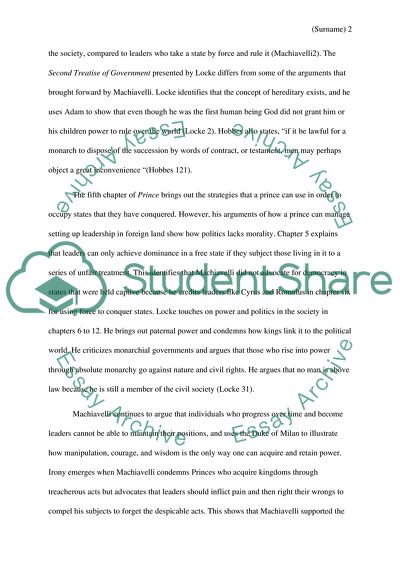Cite this document
(Machiavelli, Hobbes and Locke from that of ancients (Title of the Term Paper, n.d.)
Machiavelli, Hobbes and Locke from that of ancients (Title of the Term Paper. Retrieved from https://studentshare.org/philosophy/2088225-machiavelli-hobbes-locke-from-that-ancients-title-paper-writers-choice
Machiavelli, Hobbes and Locke from that of ancients (Title of the Term Paper. Retrieved from https://studentshare.org/philosophy/2088225-machiavelli-hobbes-locke-from-that-ancients-title-paper-writers-choice
(Machiavelli, Hobbes and Locke from That of Ancients (Title of the Term Paper)
Machiavelli, Hobbes and Locke from That of Ancients (Title of the Term Paper. https://studentshare.org/philosophy/2088225-machiavelli-hobbes-locke-from-that-ancients-title-paper-writers-choice.
Machiavelli, Hobbes and Locke from That of Ancients (Title of the Term Paper. https://studentshare.org/philosophy/2088225-machiavelli-hobbes-locke-from-that-ancients-title-paper-writers-choice.
“Machiavelli, Hobbes and Locke from That of Ancients (Title of the Term Paper”. https://studentshare.org/philosophy/2088225-machiavelli-hobbes-locke-from-that-ancients-title-paper-writers-choice.


